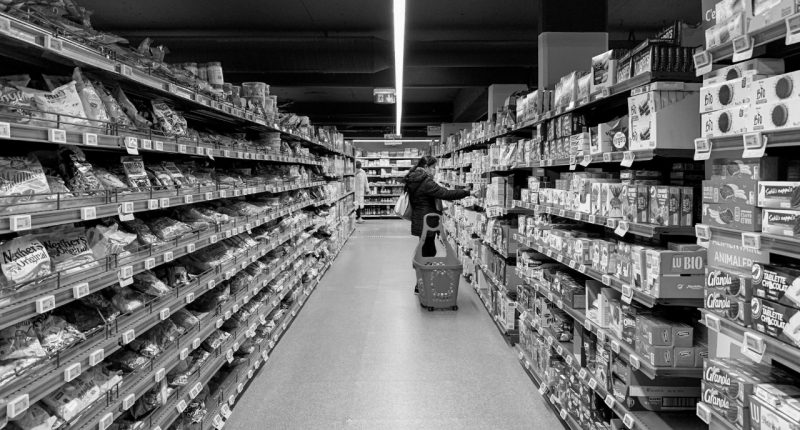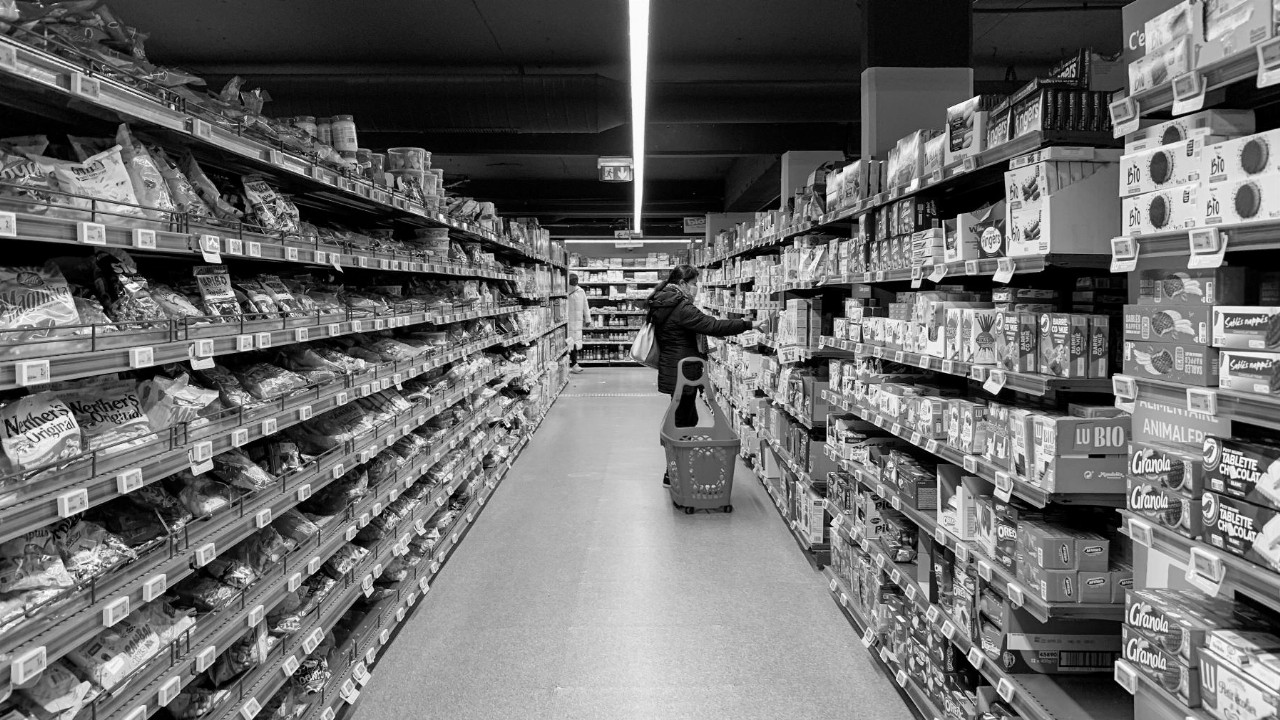Australia’s supermarket giants have enjoyed record sales from the “stay at home dining” that developed during the pandemic and the “can’t afford to go to a restaurant” culture that infiltrated the considerations of millions. But they have not passed any of these wins over to the consumer. Customers have to deal with wildly fluctuating prices, as new research reveals Australians now find grocery shopping the third most stressful household experience.
Unethical price gouging is leaving substantial impacts on the economic security of millions; the economic status-quo that enables such unfair practices needs to be addressed by a government that so far seems unwilling to do so.
Amid the highest food inflation since 2006, everyone’s favourite iteration of the RBA is telling us that while wages aren’t going anywhere, grocery prices sure are. No one seems to be talking about the sterling profit margins for the big companies and the tremendous executive pay rises that — trust us, dear consumer — have nothing to do with the current wage-price spiral.
Meanwhile, consumers have watched Australia’s supermarket duopoly join forces to bump the price of tinned legumes by 25 per cent in a week. They see tomatoes go up by 33 per cent in the same period, while avocado prices have soared to heights that suggest they’re harvested from beyond the Oort cloud. With record prices across the board, the experience at automatic checkouts in under-staffed and under-shelved major chains these days is more barely-contained-helplessness than it is Curtis-Stone’s-family-cooking-adventure.
A new analysis from the Australia Institute shows it is company profits, not wages, that have driven inflation. Does the “values-based capitalism” presented recently by Treasurer Jim Chalmers consider the need to tackle corporate profits as a priority? This is a crisis that is truly changing the livelihoods of many, not primarily because of the War in Ukraine, or supply chain issues, but because of the inadequate checks and balances in place that allow corporate juggernauts to run a neo-feudal experiment on a country that has some of the most limited competitive consumer diversity in the OECD.
And yet, the RBA just can’t stop talking about a “wage-price spiral”, with precious little to say about the “greed-price inflation spiral” that develops with unchecked profiteering. Real wages fell 4.5 per cent in 2022, coinciding with the news that supermarkets, banks, airlines and retail giants were enjoying record post-pandemic profits and keeping JobKeeper subsidies, too. Amongst all of it, the combined wealth of the nation’s top 50 richest amounted to $213 billion, a 70 per cent jump from 2019 — too large a leap in the eyes of many reasonable Australians.
Inflation figures are predicted to tell us that consumer prices across the economy rose 7.5 per cent over the year to December. But no one in Canberra seems willing to say how they plan to meaningfully target the profiteering, price gouging and runaway grocery prices that are causing such widespread hurt. The price of living is becoming untenable due to the policies and practices baked into a broken economy; the rampant wealth generation is increasingly hard to watch, especially when it’s the main driver of collective duress in most of the population.
While the Australian way of life is stolen by a small cohort of corporate leviathans, the ACCC sits toothless, lacking sufficient regulatory powers to ensure Australians have access to products without the rapacious market mechanisms of price gouging that have become commonplace.
Profits continue to soar, but there is a real-life struggle being worsened by antiquated theories practiced by economists looking to curb inflation at the RBA. A Labor government purported to be a champion for working Australians can’t even seem to wind back a Coalition tax cut for the wealthiest Australians at a time of dire need. How is it going to throw off the influence it courted from the Business Council of Australia? So far, the major parties are reticent in the face of clear changes needed to sustain the society we have enjoyed for decades. Those who vote for elected representatives are presumably paying rather more attention to who, exactly, is on which side.
This business-as-usual profiteering is forging new paradigms for the depleted fairness radars of corporate titans. Many companies have leaned into the guardrails of free market fairness, unchecked by the government, and busted through the barriers. There needs to be reform to fix a broken system, lest an untrustworthy business sector continues pushing the norm in its favour.
The astronomical run of corporate profiteering has brought one of the largest-ever wealth transfers to corporate Australia, as well as new lows for the working class, who increasingly find themselves the new working poor. In light of such enormous profits, the current situation makes little sense to the millions who can’t believe what they are seeing, especially those likely to go hungry for another quarter of record “growth”.
The expectation for the government to enact reform has never been higher, and “values-based capitalism” may need a revisit if it doesn’t include drastic measures to curb corporate profits and ensure that Australians don’t further suffer at the hands of a fatally flawed system.
Joel Jenkins is a writer and independent political analyst focused on the intersection of class, the state of the nation, and Australian independent policy.
Stay up to date on all the latest commentary, analysis and opinion pieces from Art of the Essay by following on Twitter, Instagram, Facebook and LinkedIn.





